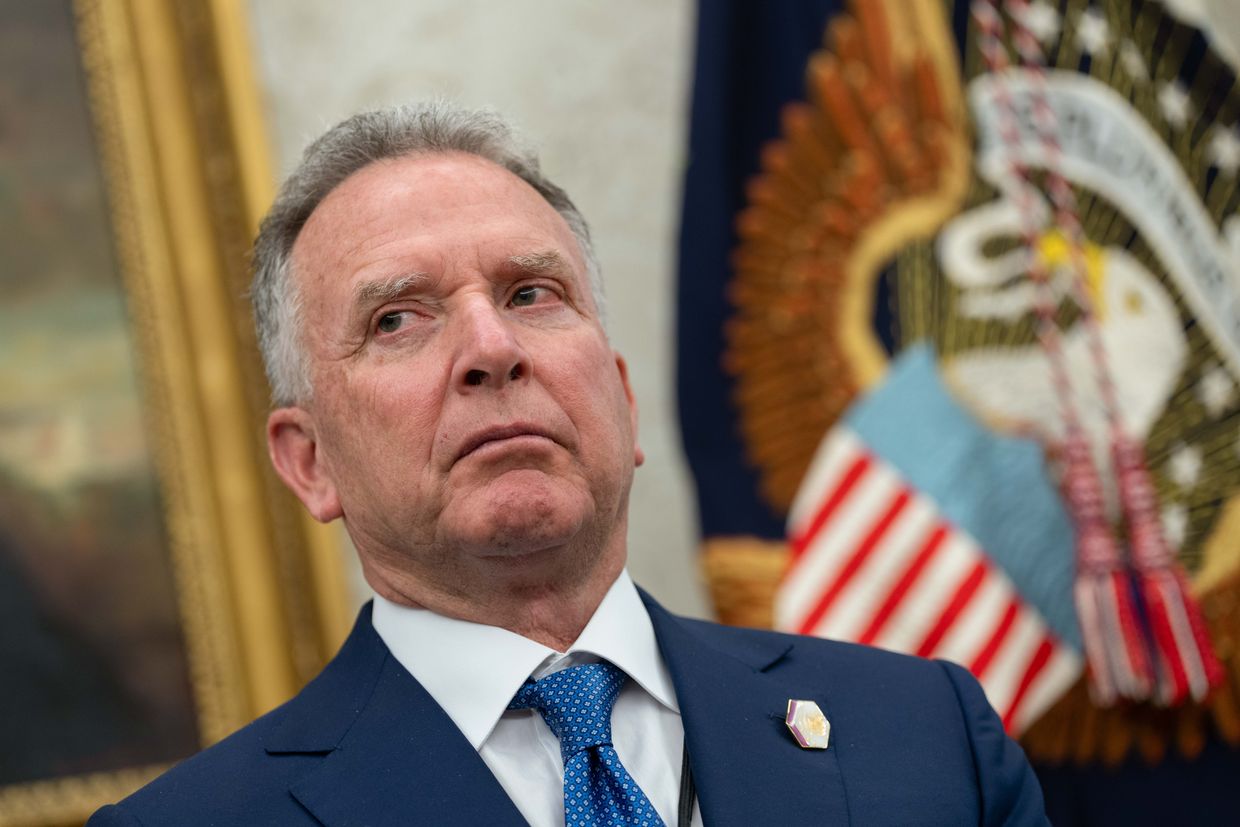Poland, Czechia reportedly push to restrict Russian diplomats' movement in Schengen

Poland and Czechia are spearheading efforts to restrict the free movement of Russian diplomats within the Schengen Area, citing concerns over espionage and sabotage, Polish media Rzeczpospolita reported on April 15, citing undisclosed officials.
The initiative originated in Prague in November 2023, when Czech authorities called for a ban on the movement of Russian diplomats they allege are agents of the Russian military intelligence (GRU) and other intelligence services.
By June 2024, Denmark, Estonia, Latvia, Lithuania, the Netherlands, Poland, and Romania had joined the Czech appeal, submitting a joint letter to then-EU foreign policy chief Josep Borrell. Former NATO Secretary General Jens Stoltenberg publicly supported the effort.
The proposal calls for limiting Russian diplomats to their consular districts, a restriction already implemented in Poland. Currently, 21 Russian diplomats remain in the country — a third of the pre-2022 number — confined to Warsaw, Gdansk, and Krakow.
"Any idea that makes it harder for the Russians to conduct intelligence activities in Poland and the European Union is justified," said Colonel Jacek Maka, former head of Poland’s ABW counterintelligence service, in comments for Rzeczpospolita.
"This is not about diplomacy. These are de facto spies."
The Schengen Area, comprising 27 European nations, allows for passport-free travel across borders. If adopted, the proposed restrictions would mark a rare rollback of that freedom, reflecting growing security concerns across the bloc.
Tensions have risen sharply amid suspected Russian sabotage on EU territory. Lithuanian authorities believe Russian intelligence orchestrated arson attacks on an IKEA warehouse in Vilnius and a shopping center in Warsaw in 2024.
Polish and Lithuanian investigators said Ukrainian nationals, allegedly recruited by Russian operatives, carried out the attacks. One suspect is a minor.
Western officials have warned of coordinated Russian efforts to destabilize European countries that support Ukraine. Intelligence services across NATO have reported an uptick in Russian sabotage and infiltration operations since the full-scale invasion of Ukraine began in 2022.











